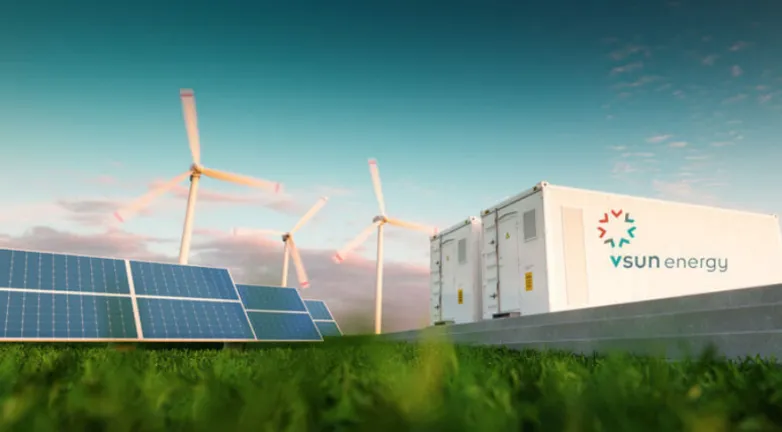MoU for vanadium redox flow battery collaboration in Australia
Aug 21, 2019 06:53 PM ET
- Australian Vanadium and Metrowest Power Systems have signed a non-binding memorandum of understanding to look at energy storage opportunities in Australia using vanadium redox flow battery technology.

Australian Vanadium Ltd. (AVL) has signed a non-binding memorandum of understanding (MOU) with EPC service provider Metrowest Power Systems to pursue opportunities to deploy vanadium redox flow battery technology (VRFB) in Australia. The companies hope to push forward with larger projects and pave the way for the VRFB technology to demonstrate its strengths.
The new alliance will rely on Metrowest’s track record and connections in the industrial and utility sectors, as well as the financial, marketing and technical capabilities of AVL. The latter’s 100%-owned subsidiary, VSUN Energy, provides promotion, installation and maintenance of energy storage solutions using VRFB.
“This agreement will allow the companies to work together to bring to fruition some of the bigger project opportunities that we’ve been unable to tackle on our own,” said Vincent Algar, managing director of AVL. “VSUN’s marketing and energy analysis has been very successful, but with a lack of experience in implementation it has certainly been difficult to persuade government agencies, for example, about the aptitude of the company and the VRFBs it offers.”
The MOU is for an initial term of 12 months, during which time the parties will investigate the potential to formalize the partnership. VSUN Energy and Metrowest will continue to offer VRFB from a variety of manufacturers, with joint projects being focused on 250 kW/1 MWh up to the multi-megawatt scale.
AVL is also developing its Australian Vanadium Project, one of the highest-grade vanadium projects globally, with 183.6 million tons at 0.76% vanadium pentoxide. Proven ore reserves amount to 9.82 million tons at 1.07% and the project holds a probable reserve of 8.42 million tons at 1.01%. The company has also developed local production capacity for high-purity vanadium electrolyte, which forms a key component of VRFB.
As for other grid-scale VRFB developments, Canadian company CellCube Energy Storage Systems and Pangea Energy have revealed plans to install a 50 MW/200 MWh vanadium redox flow battery storage system in South Australia. The Pangea Storage Project is in the latter stages of pre-development at a 79-hectare Port Augusta site. Pending due diligence and review the constructions are set to take place in late 2019.
Also read

